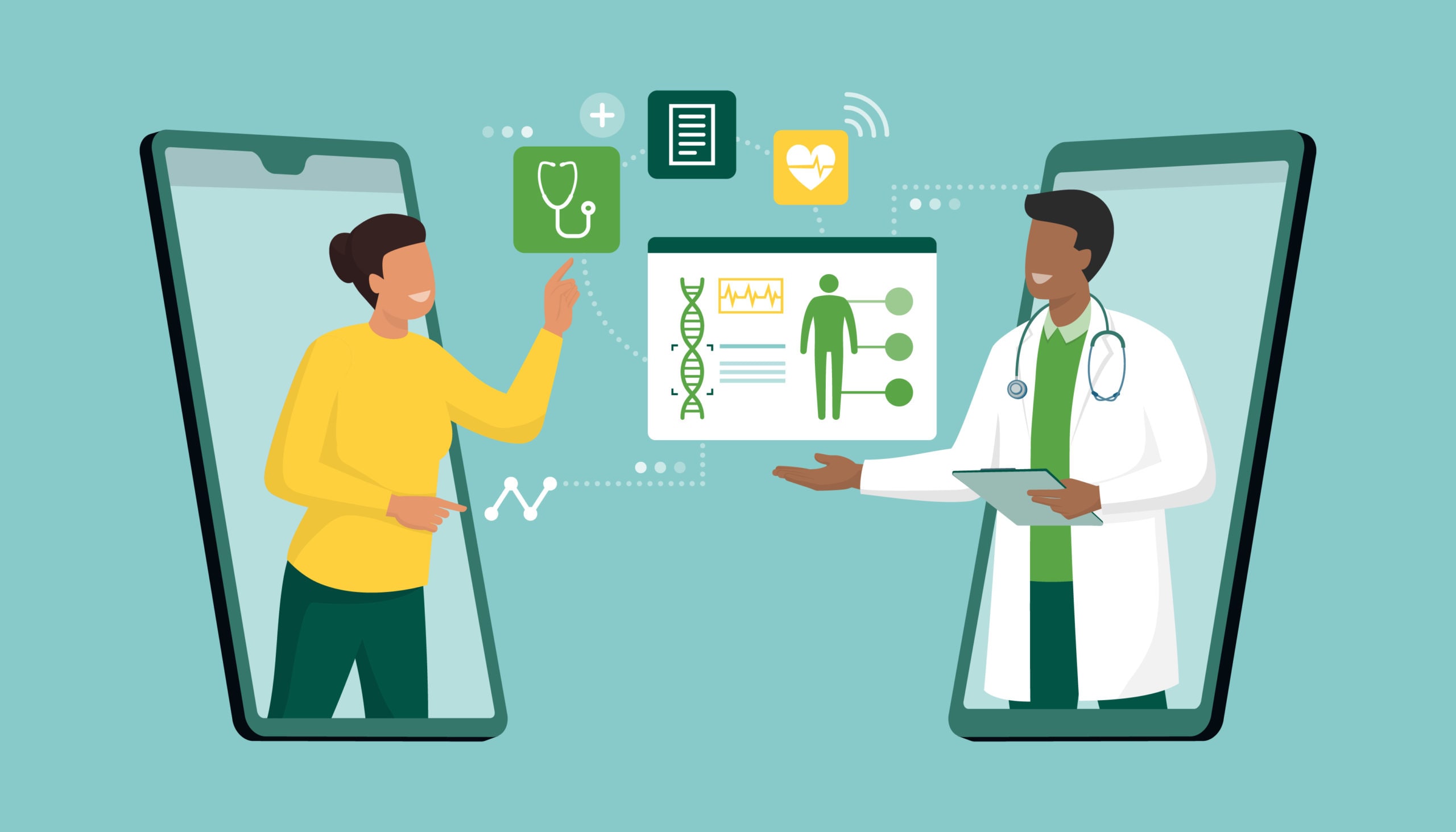The particular Role of AJE in Revolutionizing Healthcare Diagnostics
Healthcare diagnostics, typically the cornerstone of powerful medical treatment, has been undergoing some sort of profound transformation thanks a lot to artificial intelligence (AI). SOCILISTA are not merely enhancing traditional classification methods but will be revolutionizing the complete analysis process, offering unprecedented accuracy, efficiency, and accessibility. Let’s discover how AI will be reshaping the surroundings of healthcare diagnostics. Enhanced Accuracy and even Precision Just about the most substantial contributions of AJE to healthcare diagnostics is the development of accuracy plus precision. AI methods, particularly those according to deep learning, demonstrate remarkable ability throughout analyzing complex health-related data. For example of this, AI systems could interpret medical images—such as X-rays, MRIs, and CT scans—with an amount of details and consistency that surpasses human abilities. A notable app is in radiology, in which AI algorithms assist in identifying malocclusions like tumors, fractures, or indications of illnesses such as pneumonia. These systems will be trained on huge datasets of annotated images, allowing all of them to recognize designs that may become missed by the particular human eye. Correctly demonstrated that AI complements or actually exceed the classification performance of experienced radiologists, leading to before and more accurate detection of situations. Early Detection and even Predictive Analytics AI’s ability to process and analyze significant volumes of information quickly permits early on detection and predictive analytics in health-related. By examining traditional patient data, which include electronic health records (EHRs), genetic data, and lifestyle aspects, AI models may identify risk components and predict the likelihood of selected conditions developing. Intended for instance, AI-powered predictive models can examine a patient’s risk of developing chronic diseases like diabetic or cardiovascular problems long before signs and symptoms appear. This positive approach enables health-related providers to put into action preventive measures and individualized treatment plans, ultimately improving patient results and reducing typically the burden on health care systems. Personalized Remedies The concept of personalized medicine, which tailors treatment to the individual attributes of each patient, is significantly innovative by AI. Device learning algorithms may analyze genetic details and other personal health data to be able to recommend specific treatments and interventions that are most likely to be efficient for each individual. AI-driven platforms are also being used to design personalized medicine regimens, predict individual responses to several medicines, and optimize doses. This personalized approach minimizes trial-and-error within treatment, reduces negative effects, and enhances the overall efficacy of medical interventions. Streamlining Workflow and Minimizing Costs AI is not only improving diagnostic reliability but also streamlining workflows and minimizing healthcare costs. Automatic systems for inspecting diagnostic images or processing laboratory effects can handle routine responsibilities with good efficiency, freeing up healthcare professionals to focus on more intricate cases and affected person care. Moreover, AI-driven tools can assist within managing patient data, scheduling, and management tasks, resulting in decreased operational costs and even more efficient using resources. By robotizing repetitive tasks, AI helps in decreasing human errors in addition to increasing the overall efficiency of health care delivery. Challenges plus Considerations Even though the potential benefits of AJE in healthcare diagnostics are immense, there are several challenges and things to consider to address. Information privacy and safety are critical concerns, as AI systems depend on vast portions of personal health information. Ensuring that individual data is guarded and used ethically is paramount. Furthermore, the integration of AI into healthcare requires ongoing validation and calibration to preserve accuracy and trustworthiness. It is vital for AI systems to undergo rigorous testing and be continually current to reflect typically the latest medical understanding and practices. There is also some sort of need for cooperation between AI programmers, healthcare professionals, plus regulatory bodies to establish standards and rules for the rendering of AI systems. Making sure AI resources complement rather compared to replace human competence is crucial with regard to maintaining the high quality of care. The particular Future of AI in Healthcare Analysis Looking ahead, the particular role of AJE in healthcare diagnostics is poised to be able to grow more significant. Advances in AI technologies, joined with enhanced access to various and comprehensive well being data, will further enhance diagnostic abilities. Lifestyle and Health while AI-powered wearable products, real-time monitoring, and even advanced genomic research are likely to become important components of diagnostic techniques. As AI goes on to evolve, it is integration into healthcare will offer new opportunities for bettering patient outcomes, improving medical research, plus transforming the approach we approach wellness and disease. Adopting these advancements whilst addressing challenges will certainly be key to harnessing the total potential of AJE in revolutionizing health-related diagnostics.  To conclude, AJE is not simply a tool but a new transformative force throughout healthcare diagnostics. It is capability to enhance accuracy and reliability, enable early diagnosis, personalize treatment, and even streamline workflows is revolutionizing the field. As we move forward, the collaboration between technology and remedies will continue to drive innovations of which promise a more healthy and more efficient future.
To conclude, AJE is not simply a tool but a new transformative force throughout healthcare diagnostics. It is capability to enhance accuracy and reliability, enable early diagnosis, personalize treatment, and even streamline workflows is revolutionizing the field. As we move forward, the collaboration between technology and remedies will continue to drive innovations of which promise a more healthy and more efficient future.